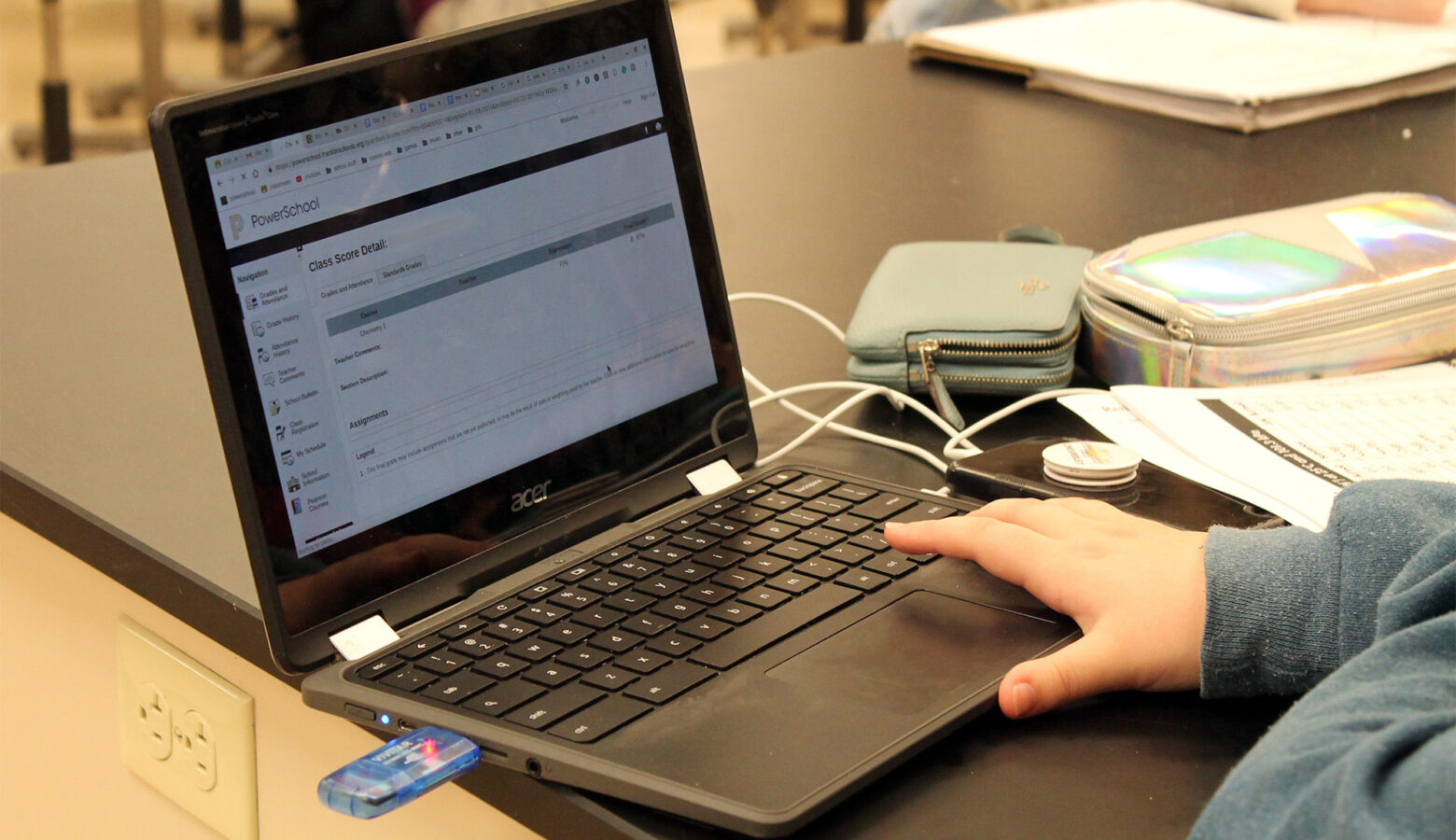Federal task force makes new social media recommendations to address youth mental health crisis

New federal recommendations offer parents, teachers and others guidance on how to better protect kids online. The Kids Online Health and Safety Task Force said the new guidelines aim to help address the youth mental health crisis.
The U.S. government said 95 percent of teenagers and 40 percent of children between the ages of 8 and 12 use social media.
“They are immersed in this environment every single day, and that’s what they are wrestling with every single day,” said Arati Prabhakar, director of the White House office of science and technology policy. Prabhakar spoke at a panel discussing the new guidelines. “We have to wrestle with them, and we have to make sure that we build a future where we have health and safety for our kids in this online environment.”
Jennifer Klein, director of the Gender Policy Council at the White House, said as technology advances, new types of online harassment and abuse have become more prolific — especially for women, girls and members of the LGBTQ+ community.
“As digital technology has become essential to our everyday lives, online harassment and abuse and other harm facilitated by technology have equally become pervasive and widespread, particularly among young people,” Klein said. “This includes image based sexual abuse through AI-generated images which, of course, has skyrocketed in recent years.”
Earlier this year, measures from the Indiana General Assembly attempted to tackle internet safety for Hoosier youth. One banned cell phones in classrooms was signed into law. A different measure, SB 287, would have added internet safety curricula to state standards failed.
The report advises parents about online safety, recommends best practices to internet providers and proposes policy changes based on research and feedback from children, parents and experts.
The task force recommends parents encourage open communication about social media with their children. Parents of younger children are encouraged to help their kids navigate social media and educate them about real versus edited content. Parents of older children are encouraged to maintain a dialogue with their child about the content they view online.
Parents are also advised to set clear ground rules about who their children interact with and ensure the content their kids consume online is age appropriate. The report said it is important for parents to identify quality content for children to interact with and ensure privacy protections are fully enabled. If a child starts to withdraw from their normal activities or experiences unexpected changes in routine, it could indicate problems with that child’s social media use.
The report also suggests parents balance time with and without devices. That could include media-free zones like the dinner table or restrictions on the length of time children can spend on social media. The recommendations include an online tool to help create a family plan for media use.
Miriam Delphin-Rittmon, assistant secretary of mental health and substance use with the U.S. Department of Health and Human Services, said setting an good example can be one of the most important ways parents can model responsible social media usage to their kids.
“We don’t want to be asking young folks to curtail or think about their social media use and then have parents on their media around the clock,” Delphin-Rittmon said. “We know young people often soak up so much from their parents and families, so that’s really important as well.”
READ MORE: Indiana lawmakers ban cellphones in class. Now it’s up to schools to figure out how
Join the conversation and sign up for the Indiana Two-Way. Text “Indiana” to 765-275-1120. Your comments and questions in response to our weekly text help us find the answers you need on statewide issues.
In addition to advice for parents, the report also includes recommendations for online service providers. Those recommendations include limiting “likes” and comparison features and using data to identify and prevent cyberbullying.
The task force also encouraged providers to make strict privacy protections a default setting and reduce features that encourage excessive use.
“So much of the conversation so far on mental health online is focused on content moderation, and that’s great,” said Federal Trade Commissioner Alvaro Bedoya. “Too little has focused on design; how these platforms are structured deliberately to keep young people online for longer than they want to be.”
The report concludes by calling on Congress to enact federal legislation to protect young people’s health, safety and privacy online.
“It’s probably our top policy recommendation in the report,” said U.S. Assistant Secretary of Commerce Alan Davidson. “But even as we are doing that, these are steps we can take now.”
Kirsten is our education reporter. Contact her at kadair@wfyi.org or follow her on Twitter at @kirsten_adair.

